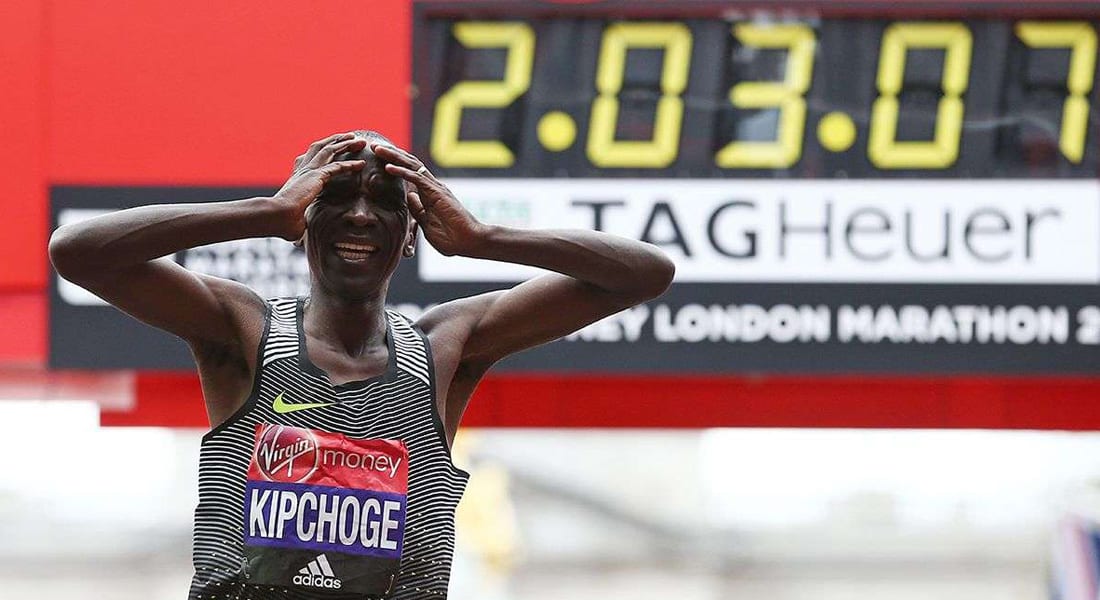How Stuff Works reporter Julia Layton tapped the expertise of SMU biomechanics expert Peter Weyand for a news story about the burning question of the limits of human speed and whether — or when — runners will break the two-hour marathon barrier. Weyand explained the biomechanics of human locomotion, particularly as it pertains to fast runners.
The article “Could Humans Break the Two-hour Marathon Barrier?” published Nov. 16, 2016.
Weyand, director of the SMU Locomotor Performance Laboratory, is one of the world’s leading scholars on the scientific basis of human performance. His research on runners, specifically world-class sprinters, looks at the importance of ground forces for running speed, and has established a contemporary understanding that spans the scientific and athletic communities.
Weyand is Glenn Simmons Centennial Chair in Applied Physiology and professor of biomechanics in the Department of Applied Physiology and Wellness in SMU’s Annette Caldwell Simmons School of Education and Human Development.
Could Humans Break the Two-hour Marathon Barrier?.
EXCERPT:
By Julia Layton
How Stuff Works
The New York City Marathon saw some impressive finishes in 2016. In the Nov. 6 race, women’s winner Mary Keitany of Kenya crossed the finish line in 2:24:26, and Eritrea’s Ghirmay Ghebreslassie took the men’s division with 2:07:51. Ghebreslassie earned a $25,000 bonus for breaking the 2:08:00 mark.The world records, however, were perfectly safe. No woman has come within three minutes of Paula Radcliffe’s 2:15:25 at the London Marathon in 2003 (Radcliffe is British). In the 26.2-mile (42.2-kilometer) stretch that is the marathon, a minute is an “exceptionally long time,” writes Noah Davis on Pacific Standard. “Losing by five minutes to a 2:15 marathoner,” he explains, “is to be almost a mile [1.6 kilometer] behind when she crosses the finish line.”
The men’s marathon record of 2:02:57, established by Kenya’s Dennis Kimetto at the 2014 Berlin Marathon, may be approaching the limits of human physiology.
The Two-hour Barrier
In marathon science, two hours is the “golden ticket.” It’s really just the next-lowest round number in marathon times, explains Dr. Peter Weyand, professor of applied physiology and biomechanics at Southern Methodist University in Dallas, but “[t]he progression toward the [two-hour] barrier has for some time marked it as a milestone in the history of athletics and human performance — one of great symbolic and functional significance.”Marathon times have plummeted in the last few decades. The men’s record fell by almost four minutes between 1998 and 2014, and the women’s dropped by more than five minutes. At this point, most experts predict a runner will eventually break the two-hour-hour mark. When and how it will happen is more controversial.
“The number of variables involved that will need to align simultaneously to break the two-hour barrier are numerous,” writes Weyand, “making specific predictions highly uncertain.” However, he says five years is “not unrealistic.”
